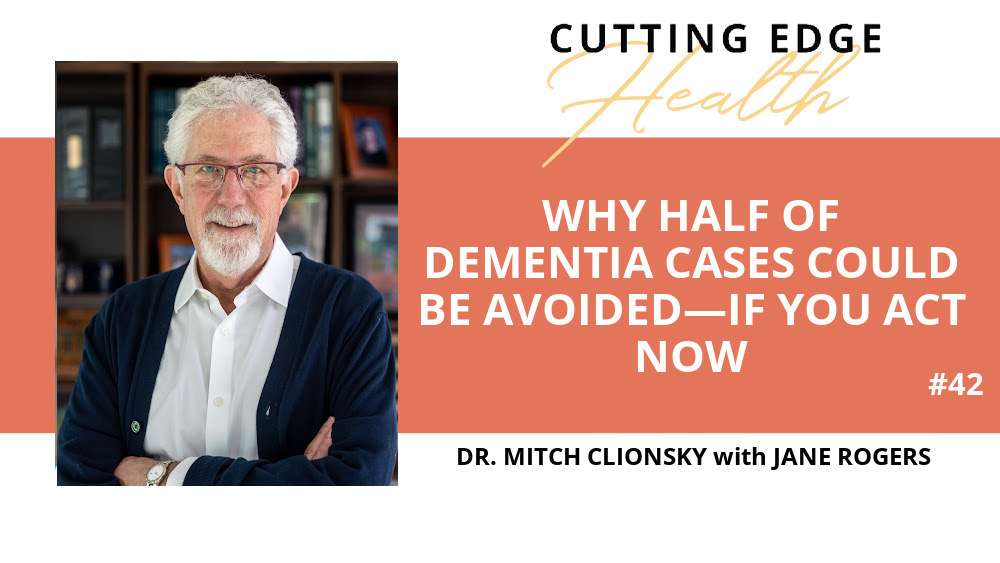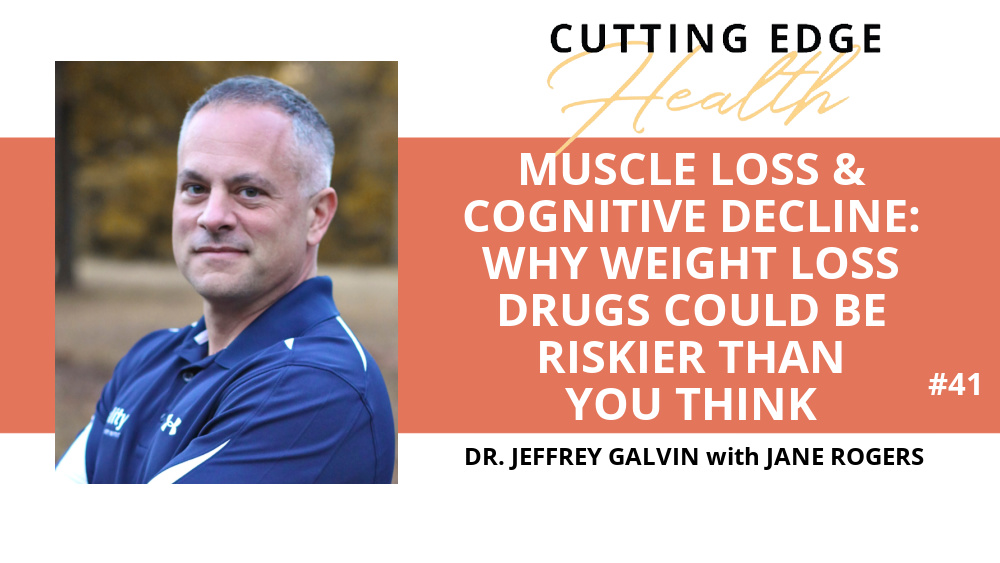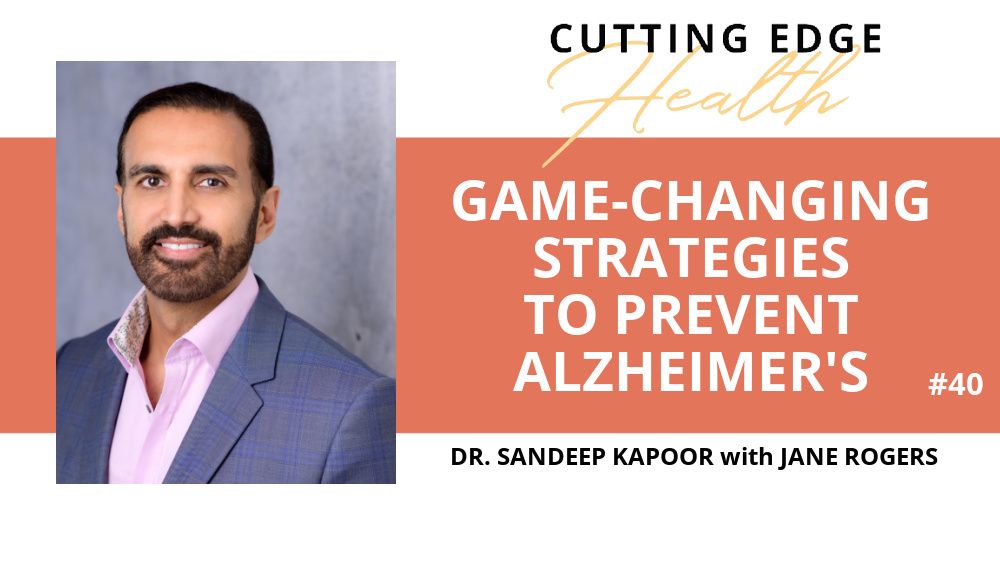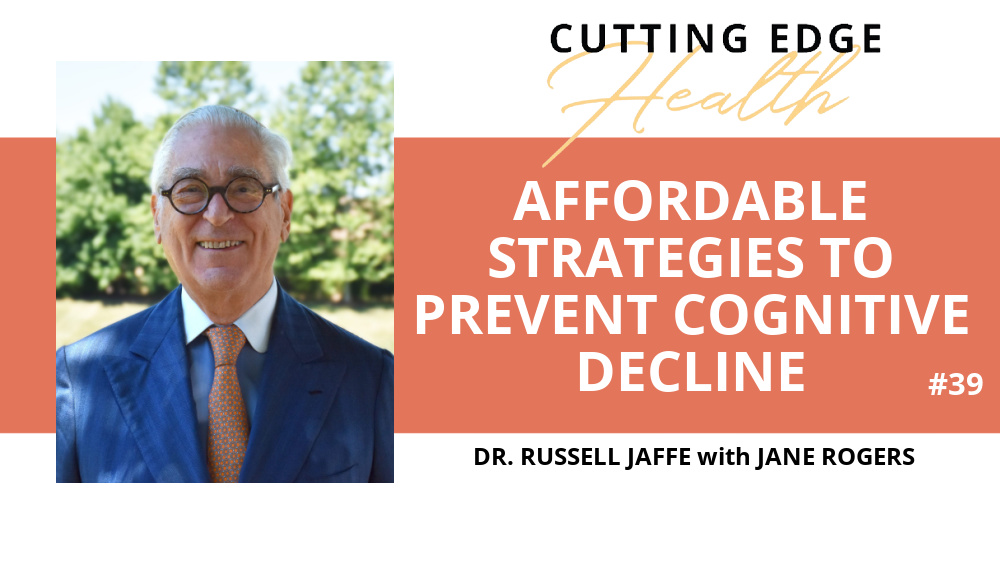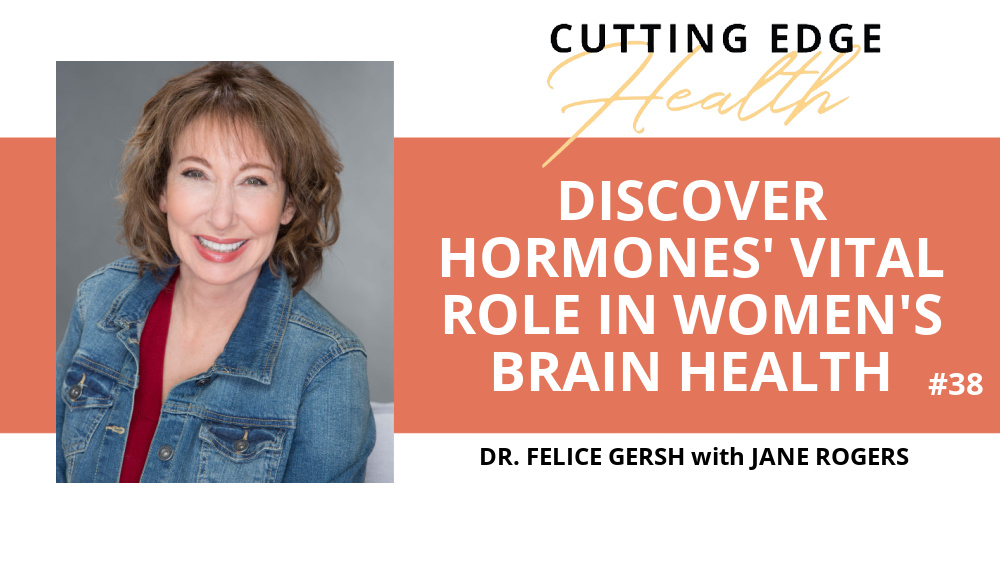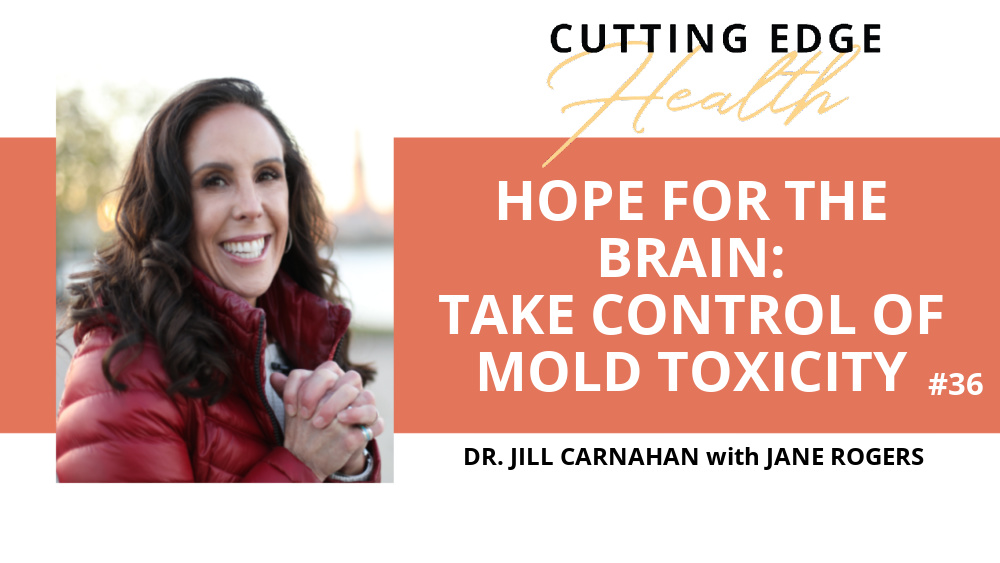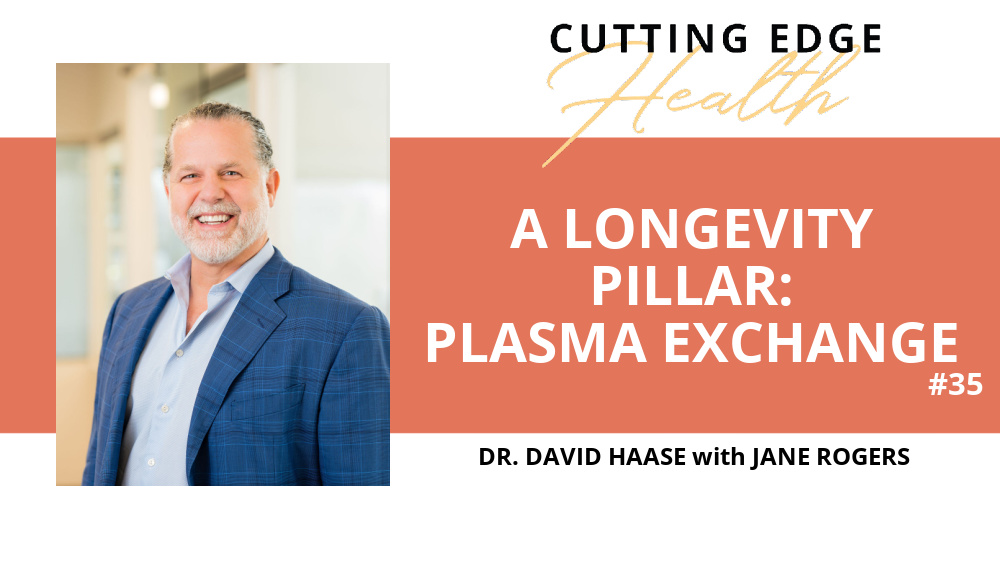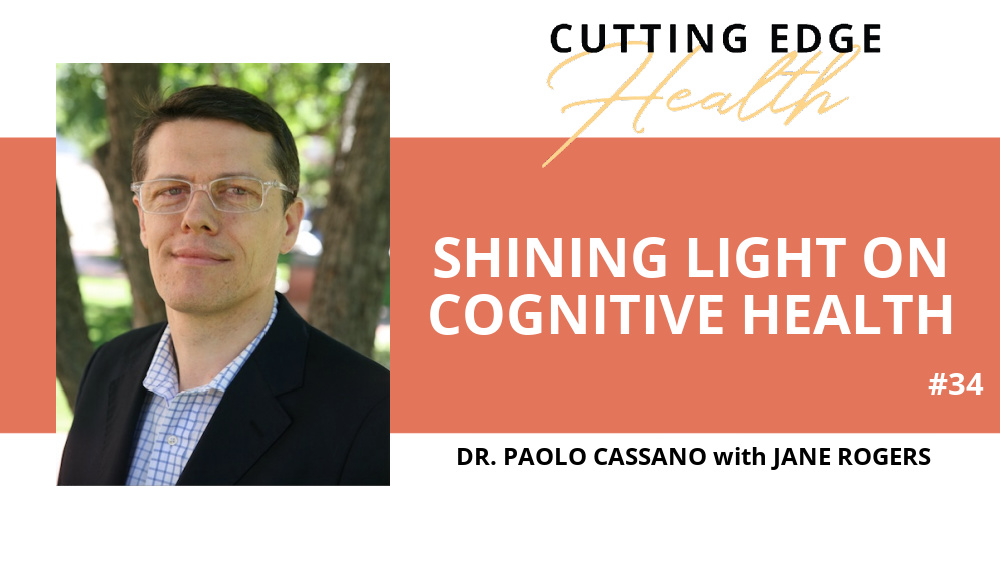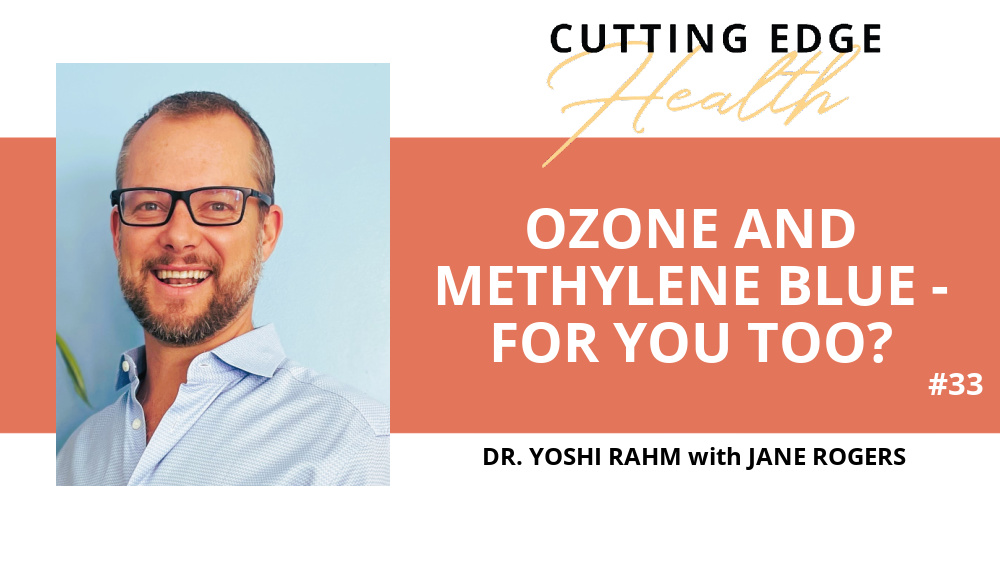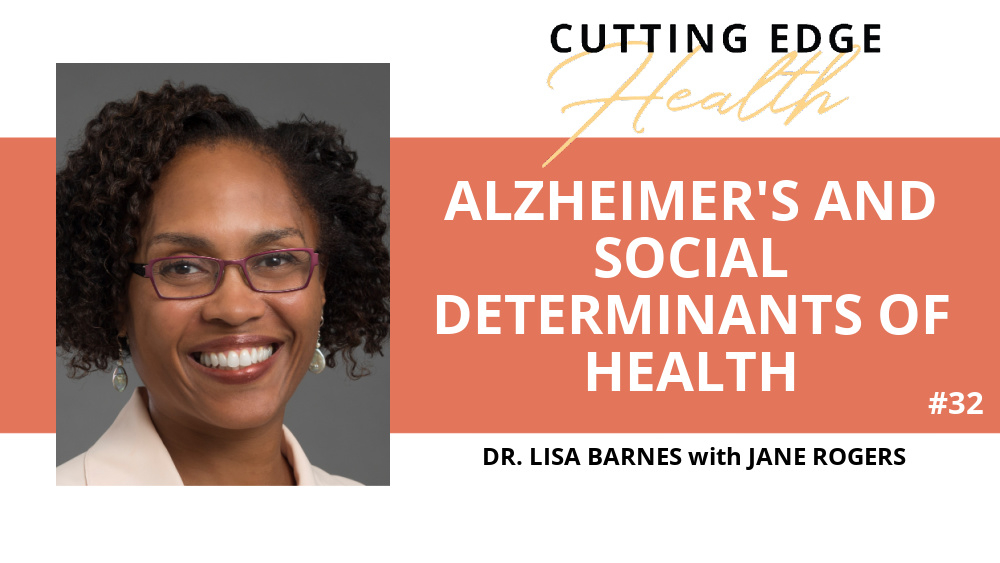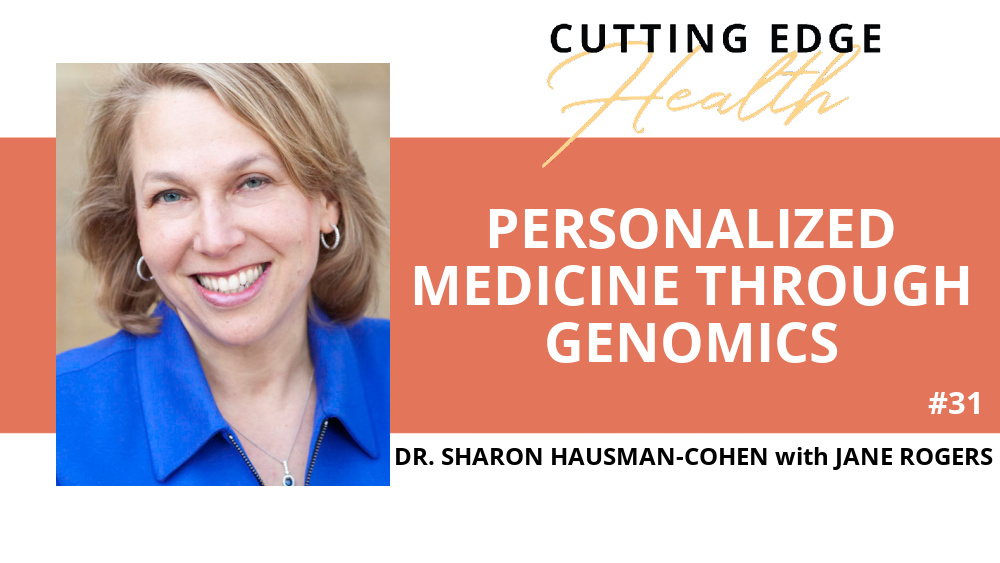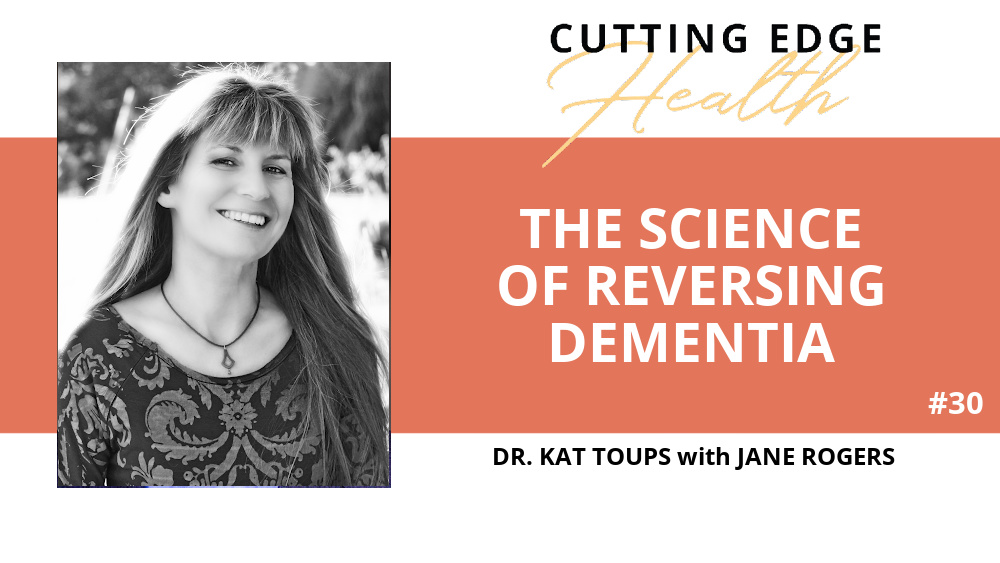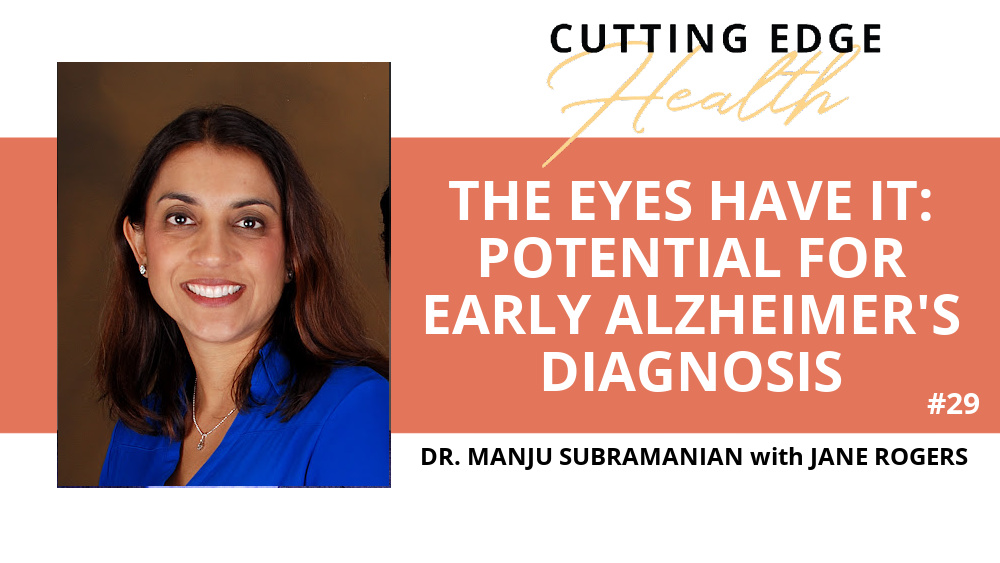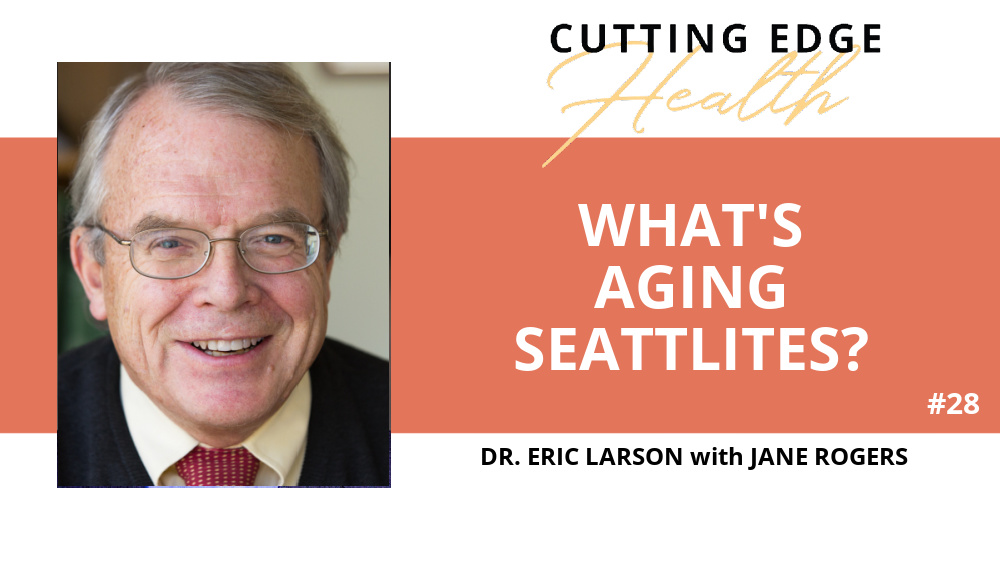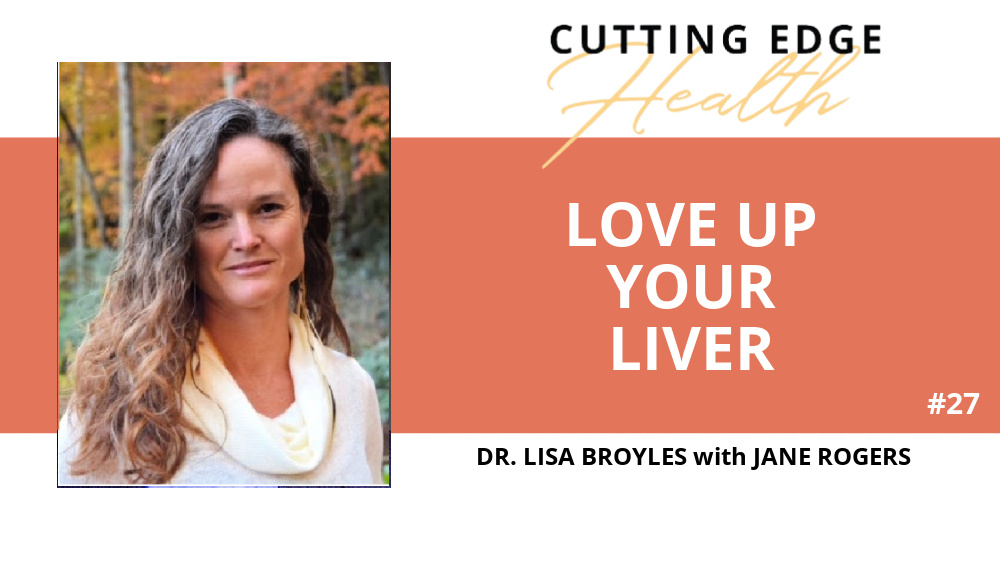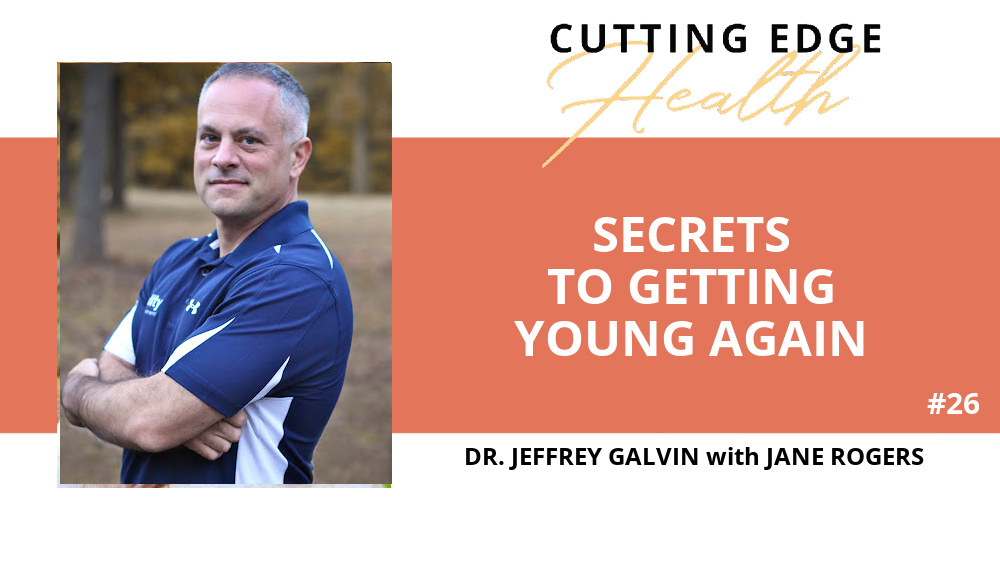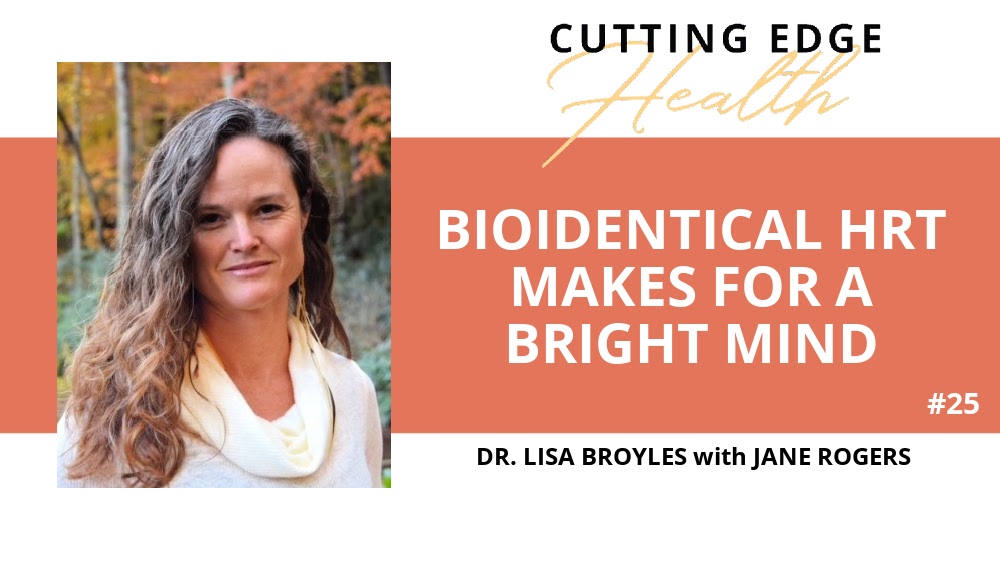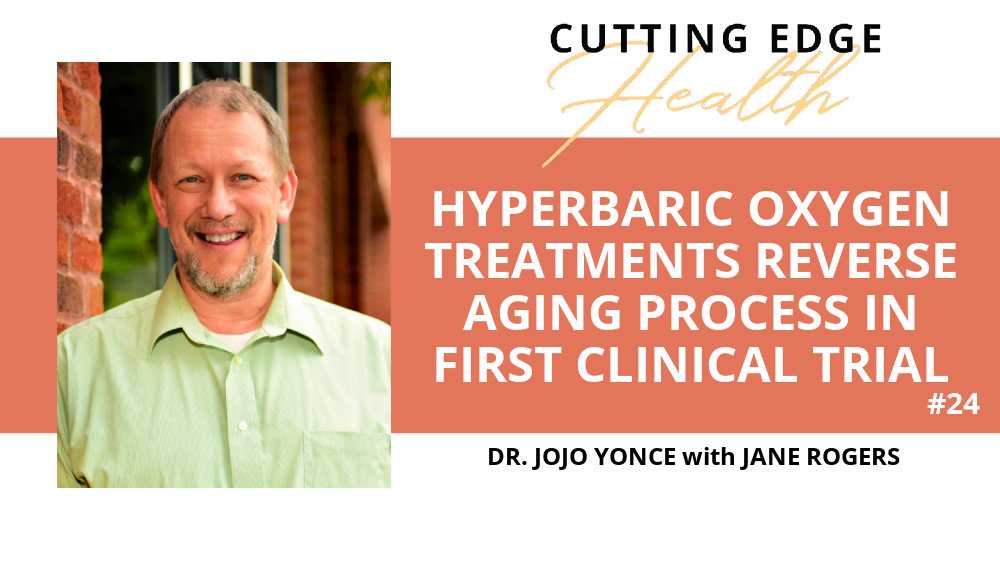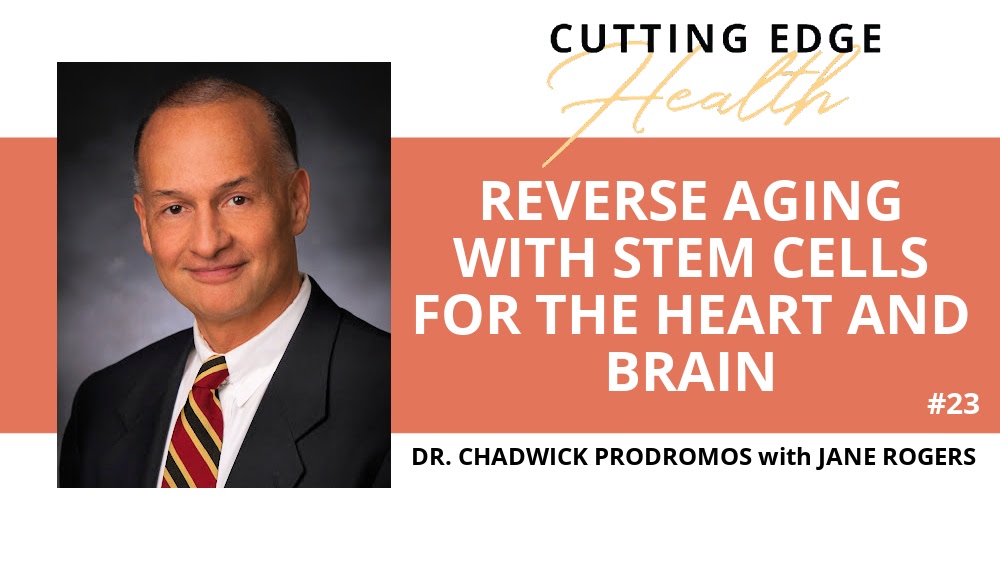EPISODE #32
ALZHEIMER'S AND SOCIAL DETERMINANTS OF HEALTH
Dr. Lisa Barnes
with Jane Rogers
Racial diversity in research critical for identifying risks and preventation of Alzheimer’s disease.
If you only have 3 minutes...
Listen to the Audio version of the podcast below. Click the download button (with icon of arrow pointing down) to save a copy to your device and to share with others!
What you'll learn in this podcast....
In this podcast interview, Dr. Lisa Barnes discusses her work in cognitive neuropsychology and efforts to diversify Alzheimer’s disease research by including Black Americans. With a background from the University of Michigan and UC Davis, Dr. Barnes joined Rush Medical College in 1999 and has been leading the Minority Aging Research Study since 2004, focusing on brain health within the Black community.
Dr. Barnes initiated the Minority Aging Research Study to address the underrepresentation of Black individuals in dementia research, overcoming trust barriers rooted in historical mistreatment and increasing awareness about Alzheimer’s in the Black community. The study includes over 800 participants and promotes understanding of Alzheimer’s by offering community-based education and recruitment, advocating for brain donation, and examining the link between discrimination and cognitive health. Dr. Barnes highlights the complexity of Alzheimer’s disease, noting that social determinants play a significant role in brain health and discussing genetic findings that challenge assumptions about the disease’s prevalence in Black Americans. Although some research suggests that there may be twice the incidence of Alzheimers in Black communities, Dr. Barnes notes that when studies follow people over time, there doesn’t appear to be any faster rate of decline in Black people than White people. You would expect to see a faster rate of decline if there’s more Alzheimer’s. “People thought Alzheimer’s disease is a White person’s disease, or they thought we’re supposed to lose our memory when we get older. There’s nothing you can do about it. I think we have to debunk some of those myths,” she says.
About Dr. Lisa Barnes
- Never miss an episode! Subscribe and follow on your favorite distribution channel.
- Feedback and questions to hello@cuttingedgehealth.com
- Our team would be honored and grateful, if you could leave a 5-star rating on Apple Podcasts.






